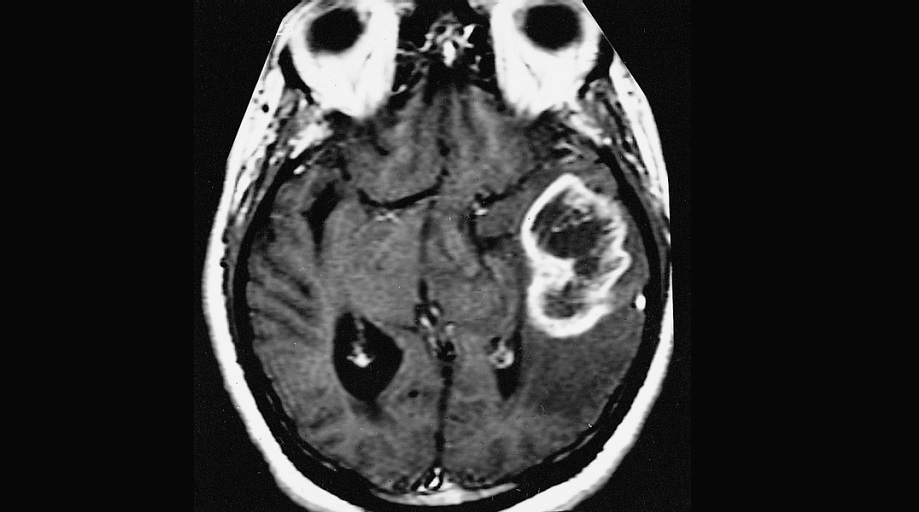Understanding Brain Tumor-Related Epilepsy

Epilepsy News From: Wednesday, February 11, 2015
Epilepsy is rather common in people with brain tumors – seizures can be the presenting symptom (i.e., seizures may be the reason an individual with a brain tumor seeks medical help) or may occur later in the course of progression of the brain tumor. The incidence of seizures depends on the type and location of the brain tumor. For example, in certain kinds of slow-growing tumors, seizures may be seen in as many as 80% of the patient population.
Brain tumors can be primary (tumors that begin in the brain or spinal cord) or secondary (tumors that reach the central nervous system from another part of the body). Brain tumors can also be classified as benign (slow-growing masses that have a defined edge and do not usually spread to other parts of the body) or malignant (tumors that grow quickly, have hard-to-define edges and do usually invade the surrounding tissues).
The reasons why brain tumors can be associated with seizures are not completely known, but some hypotheses are that the tumor may apply physical pressure on surrounding brain tissue and may release substances like glutamate that cause seizures.
Treating Brain-Tumor Related Seizures
The first line of treatment for brain tumor-related epilepsy is anti-epileptic medication. Although these drugs do limit seizures in some people with brain tumors, they may be associated with substantial side-effects and resistance. In the context of brain tumor-related epilepsy, resistance is defined when two anti-epileptic drugs fail to effectively stop seizures.
When this happens, the decision to resect the tumor is made. Oftentimes, resection of the tumor may lead to seizure reduction, but there are also occasions when tumor resection does not stop seizures. In summary, epilepsy related to brain tumors can be thought of as a separate entity that requires a unique treatment and management plan.
An interesting molecule that has been shown in the lab to have anticonvulsant effects is adenosine. The enzyme adenosine kinase (ADK) is responsible for metabolism (breakdown) of adenosine – hence, increased ADK activity will decrease levels of adenosine. A study that was published a few years ago looked at ADK in resected brain tumor tissue. The scientists found that tumor cells and the peritumoral tissue (area surrounding the tumor) had higher levels of ADK than normal control tissue. There was also higher ADK expression in resected tissue of patients with brain tumors that had epilepsy, as compared to people with brain tumors that didn’t have epilepsy. Hence, adenosine and ADK may provide clues into the presence of seizures in brain tumors.
Authored by
Sloka Iyengar PhD
Reviewed Date
Wednesday, February 11, 2015
